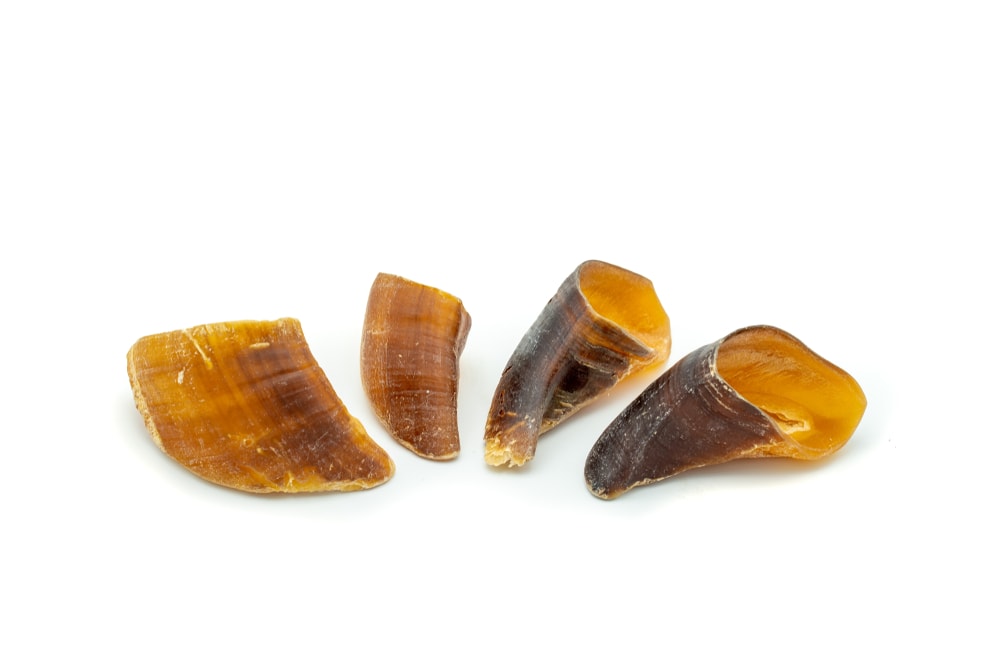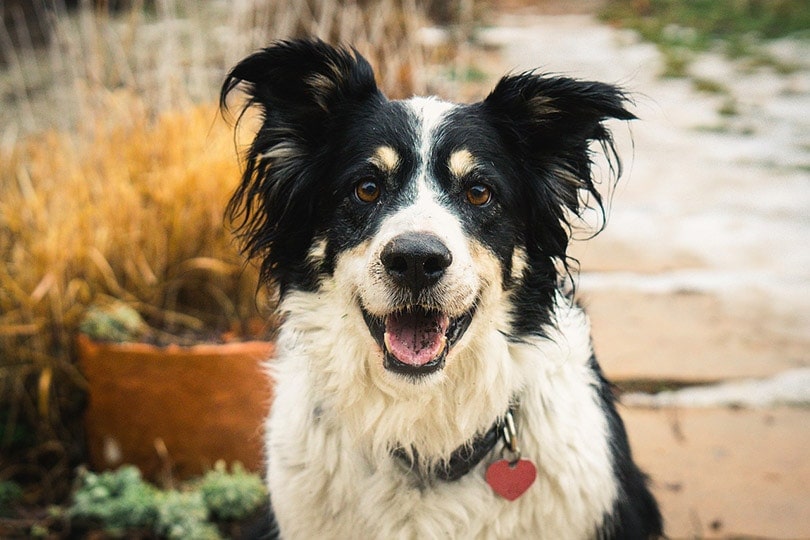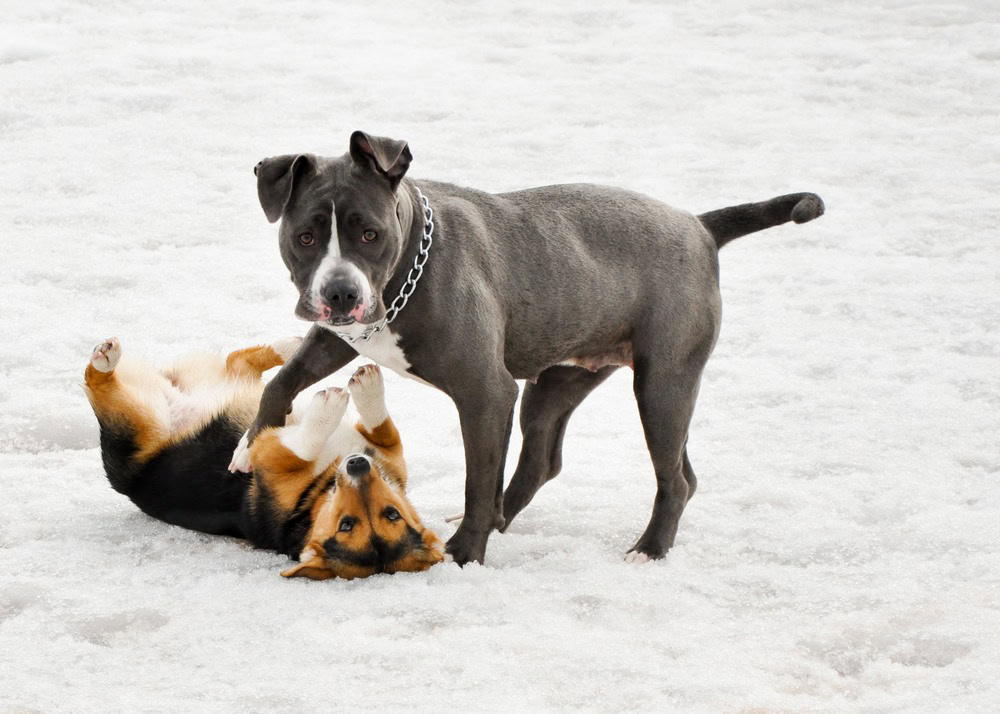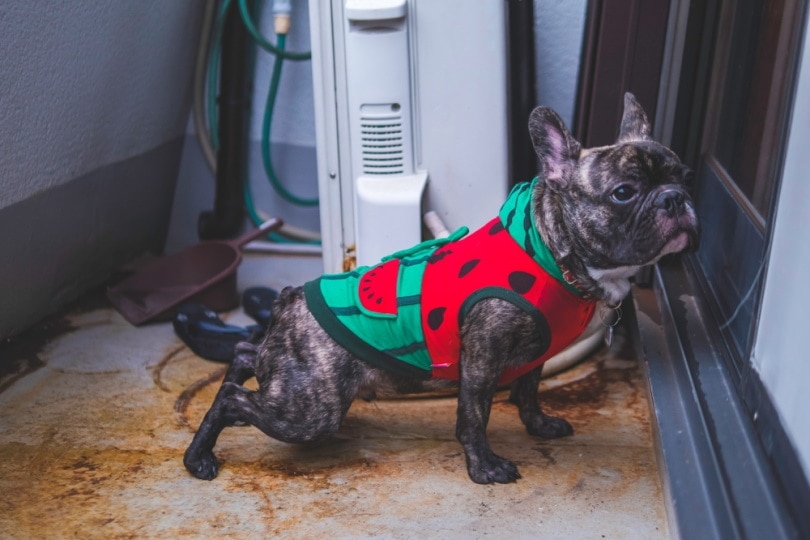Can Dogs Eat Horse Hooves? Vet Reviewed Health Concerns
Updated on

Click to Skip Ahead
Horse hooves, or more aptly their trimmings, make a coveted treat for some dogs, but their safety sparks some debate. So, which is it? Should you worry that your dog is eating horse hoof trimmings? The answer isn’t so simple. Although horse hooves are sturdy natural chews for dogs, they also carry certain risks, so you should speak to your vet before offering them to your dog. For more information about why this is, keep reading.
What Are Horse Hooves Made Of?
Essentially, horse hooves are made of keratin. It’s the same substance that makes up your fingernails. When a horse’s hooves are trimmed, it involves clipping off the excess keratin like you do on your own finger and toenails. Since keratin is such a hard protein, horse hooves help to protect a horse’s foot and support their weight. This hardness also makes it attractive for dogs to chew on.

What Are the Risks and Benefits of Offering Horse Hooves?
Horse hoof trimmings can make a tough and all-natural chew for dogs. Chewing on them can help scrape the plaque off of your dog’s teeth, reducing the risk of dental disease (and saving you some time and money). They also shouldn’t contain harmful preservatives or chemicals that some synthetic commercial chews can. But that doesn’t mean they’re the perfect treat.
On the downside, keratin isn’t easily digestible. So, consuming a large number of horse hoof trimmings can lead to digestive upset complete with vomiting, diarrhea, stomach pain, and even intestinal obstructions. On top of that, horse hoof trimmings are often small or sliver-shaped, increasing the potential for choking or injuries to the mouth, throat, or lower areas of the digestive tract.
You also want to avoid horse hoof trimmings that have been treated with chemicals for diseases like thrush. If you decide to allow your dog horse hoof trimmings, discuss with your vet first as there may be a safer option.
What About Other Hooves and Feet?
You will more than likely run across other animal feet turned into treats. Cow hooves and chicken feet can be purchased at most pet food stores, mom-and-pop butchers, and local farms. But, just because you can buy them, doesn’t mean you should. Hard chews like these all have the potential to create digestive issues and injuries, so consult your vet before giving any of these types of treats.

Can Dogs Chew on Horse Bones?
As with other types of bones, allowing your dog to chew them always carries some risk of tooth fractures and digestion issues, including puncturing of the digestive tract and obstructions. So, giving them may not be worth the risk. Instead, you may choose other chews with less of a risk.

Conclusion
Horse hooves are a tough-to-chew, natural snack that your dog will more than likely love. However, with the potential to create digestive issues, it’s best to offer a few if any at all. Contact your veterinarian if you have questions about suitable dog chews for your pup.
Featured Image Credit: Osetrik_Shutterstock












